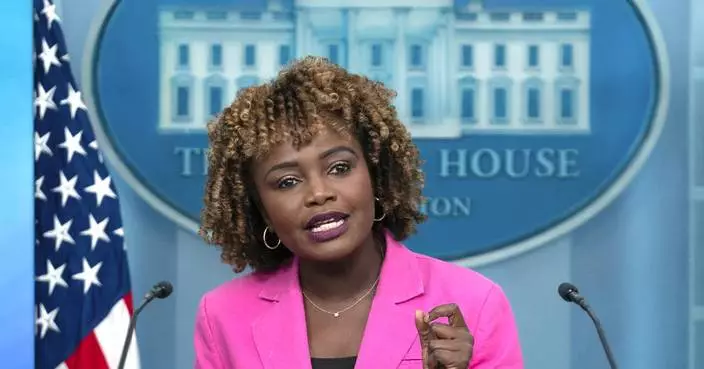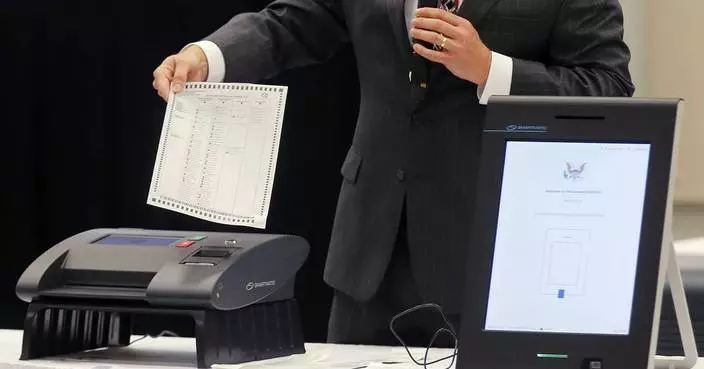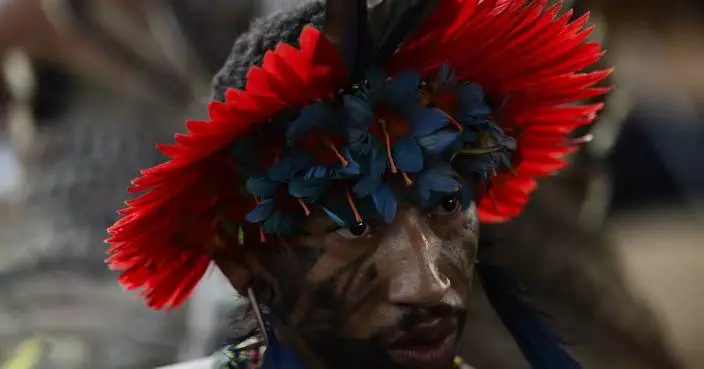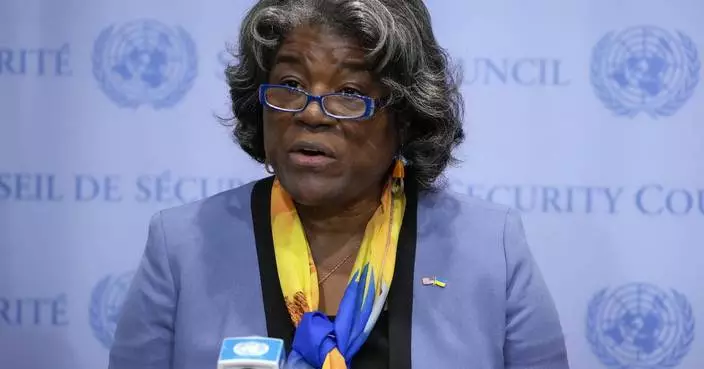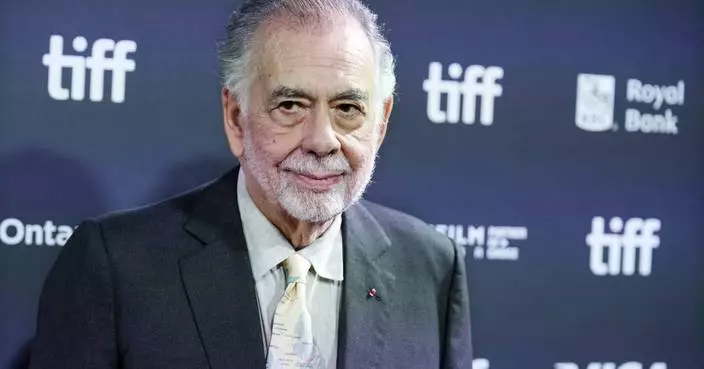Bill Belichick could be eligible to be selected for the Pro Football Hall of Fame in 2026 instead of 2029 following significant changes made to the selection process.
The Hall of Fame announced the new rules that were approved by the Board of Directors on Friday. They go into effect immediately, including reducing the waiting period for coaches to be considered from five years out of the game to one year.
That would make six-time Super Bowl-winning head coach Belichick eligible to be selected for the 2026 class after he parted ways with the New England Patriots after last season.
The new rules also could speed up the process for another Super Bowl-winning coach, Seattle's Pete Carroll, who also was replaced after the 2023 season. Belichick and Carroll would have to wait again if they get hired by another team in the offseason.
The Hall of Fame also made several other changes, including splitting the coach and contributor categories, adding new screening committees to review the full list of nominees for players from the modern era and seniors category and requiring between one and three people picked each year out of the five nominees for seniors, coaches and contributors.
The process for picking the class of 2025 will begin soon when new 11-person screening committees made up of Hall of Famers, former front office executives, football historians and media members will reduce the list of nominees to 50 candidates for the modern era and seniors category. None of the 22 people on those committees will be on the selection committee that votes in early 2025 on who gets into the Hall.
The full selection committee will reduce the list of modern era candidates to 25 semifinalists in November and 15 finalists in December before the final vote.
Among the top first-time candidates eligible this year are Eli Manning, Luke Kuechly, Marshall Yanda, Marshawn Lynch and Terrell Suggs.
A seniors blue-ribbon committee consisting of seven people who are on the full selection committee and two others who could be Hall of Famers, historians or anyone with expansive football knowledge will reduce that list and ultimately pick three finalists.
There will be similar blue-ribbon committees that will select one coach and one contributor to be considered by the full selection committee.
The selection committee will then meet before the Super Bowl to discuss the 20 finalists from the four groups with approval from 80% of voters required to be selected. There will be between three and five modern candidates picked and between one and three people picked out of the five nominees from the seniors (three), coach (one) and contributor (one).
That will lead to classes composed of between four and eight inductees each year with the Hall estimating there will likely be five or six picked.
“Forming two Screening Committees will bring added discussion of candidates, with input from more Hall of Famers,” Hall of Fame President and CEO Jim Porter said in a statement. “And splitting the Coach and Contributor categories allows for a Finalist from each one. What’s most important is continuing to elect great classes of enshrinees, and these moves help ensure that desired outcome.”
AP NFL: https://apnews.com/hub/NFL

FILE - Former Seattle Seahawks head coach Pete Carroll speaks during a media availability, Jan. 10, 2024, at the NFL football team's headquarters in Renton, Wash. (AP Photo/Lindsey Wasson, File)

FILE - Former New England Patriots head coach Bill Belichick faces reporters during an NFL football news conference, Jan. 11, 2024, in Foxborough, Mass.. (AP Photo/Steven Senne, File)
BOSTON (AP) — A study that explores the feasibility of using pigeons to guide missiles and one that looks at the swimming abilities of dead fish were among the winners Thursday of this year’s Ig Nobels, the prize for comical scientific achievement.
Held less than a month before the actual Nobel Prizes are announced, the 34th annual Ig Nobel prize ceremony at the Massachusetts Institute of Technology was organized by the Annals of Improbable Research magazine’s website to make people laugh and think. Winners received a transparent box containing historic items related to Murphy’s Law — the theme of the night — and a nearly worthless Zimbabwean $10 trillion bill. Actual Nobel laureates handed the winners their prizes.
“While some politicians were trying to make sensible things sound crazy, scientists discovered some crazy-sounding things that make a lot of sense,” Marc Abrahams, master of ceremonies and editor of the magazine, said in an e-mail interview.
The ceremony started with Kees Moliker, winner of 2003 Ig Noble for biology, giving out safety instructions. His prize was for a study that documented the existence of homosexual necrophilia in mallard ducks.
“This is the duck,” he said, holding up a duck. “This is the dead one.”
After that, someone came on stage wearing a yellow target on their chest and a plastic face mask. Soon, they were inundated with people in the audience throwing paper airplanes at them.
Then, the awards began — several dry presentations which were interrupted by a girl coming on stage and repeatedly yelling “Please stop. I'm bored.” The awards ceremony was also was broken up by an international song competition inspired by Murphy's Law, including one about coleslaw and another about the legal system.
The winners were honored in 10 categories, including for peace and anatomy. Among them were scientists who showed a vine from Chile imitates the shapes of artificial plants nearby and another study that examined whether the hair on people's heads in the Northern Hemisphere swirled in the same direction as someone's hair in the Southern Hemisphere.
Other winners include a group of scientists who showed that fake medicine that causes side effects can be more effective than fake medicine that doesn't cause side effects and one showing that some mammals are cable of breathing through their anus — winners who came on stage wearing a fish-inspired hats.
Julie Skinner Vargas accepted the peace prize on behalf of her late father B.F. Skinner, who wrote the pigeon-missile study. Skinner Vargas is also the head of the B.F. Skinner Foundation.
“I want to thank you for finally acknowledging his most important contribution,” she said. “Thank you for putting the record straight.”
James Liao, a biology professor at the University of Florida, accepted the physics prize for his study demonstrating and explaining the swimming abilities of a dead trout.
“I discovered that a live fish moved more than a dead fish but not by much,” Liao said, holding up a fake fish. “A dead trout towed behind a stick also flaps its tail to the beat of the current like a live fish surfing on swirling eddies, recapturing the energy in its environment. A dead fish does live fish things.”

Professor James Liao displays a stuffed fish while accepting a prize for physics for demonstrating and explaining the swimming abilities of a dead trout during a performance at the Ig Nobel Prize ceremony at Massachusetts Institute of Technology in Cambridge, Mass., Thursday, Sept. 12, 2024. (AP Photo/Steven Senne)
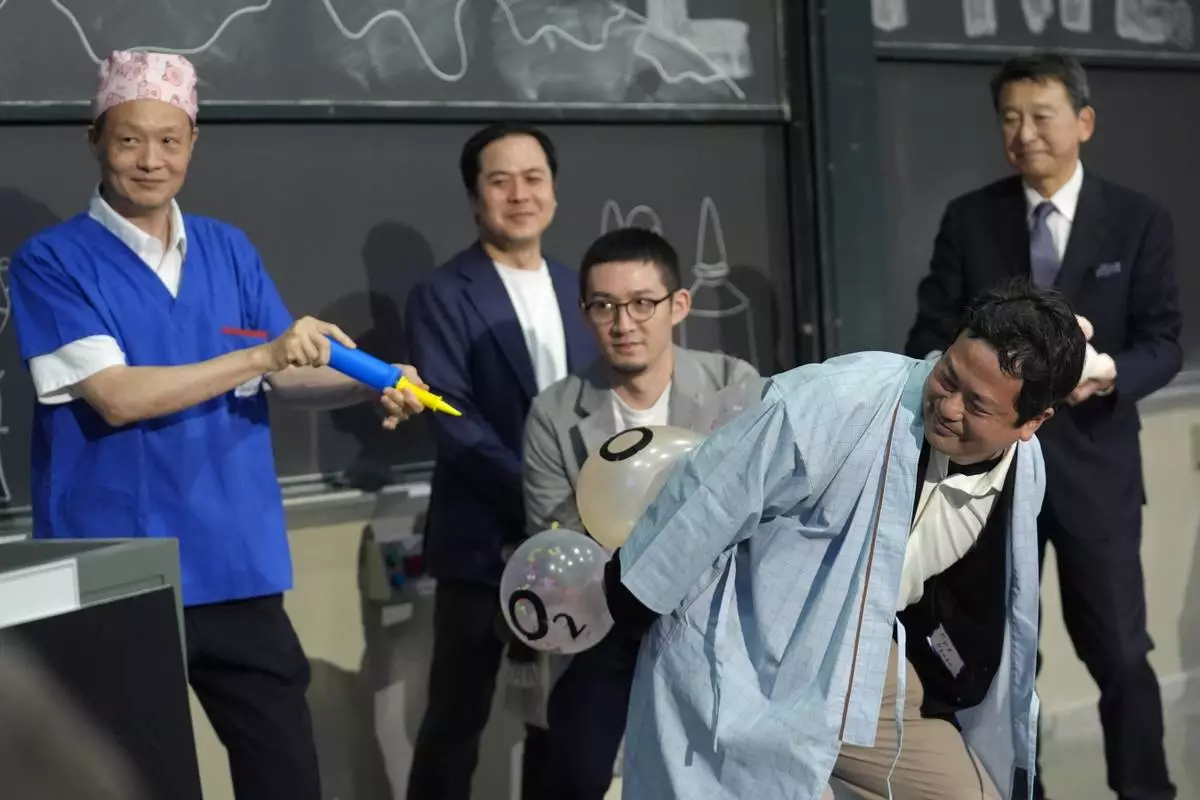
A team of researchers perform a demonstration during a performance showing that many mammals are capable of breathing through their anus while accepting the 2024 Ig Nobel prize in physiology at the Ig Nobel Prize ceremony at Massachusetts Institute of Technology, in Cambridge, Mass., Thursday, Sept. 12, 2024. (AP Photo/Steven Senne)
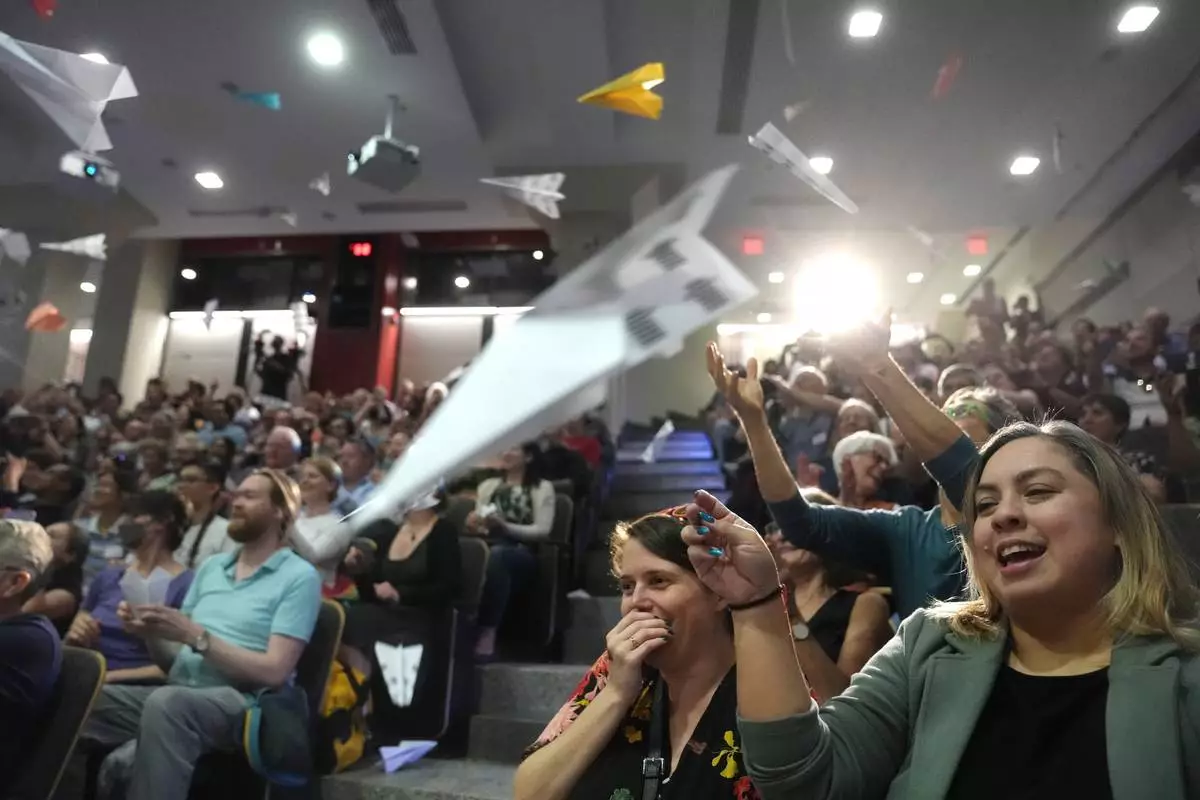
People in the audience throw paper airplanes toward the stage during a performance at the Ig Nobel Prize ceremony at Massachusetts Institute of Technology in Cambridge, Mass., Thursday, Sept. 12, 2024. (AP Photo/Steven Senne)
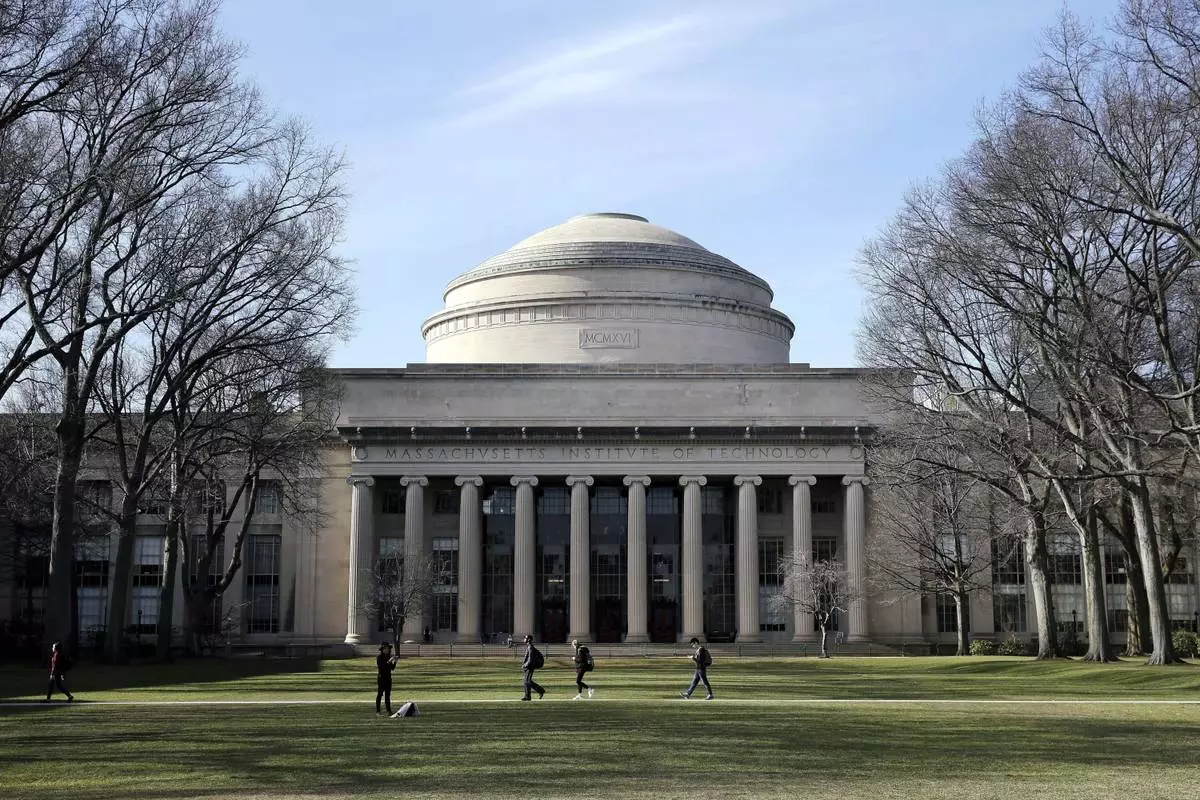
FILE - Students walk past the "Great Dome" atop Building 10 on the Massachusetts Institute of Technology campus in Cambridge, Mass, April 3, 2017. (AP Photo/Charles Krupa, File)









